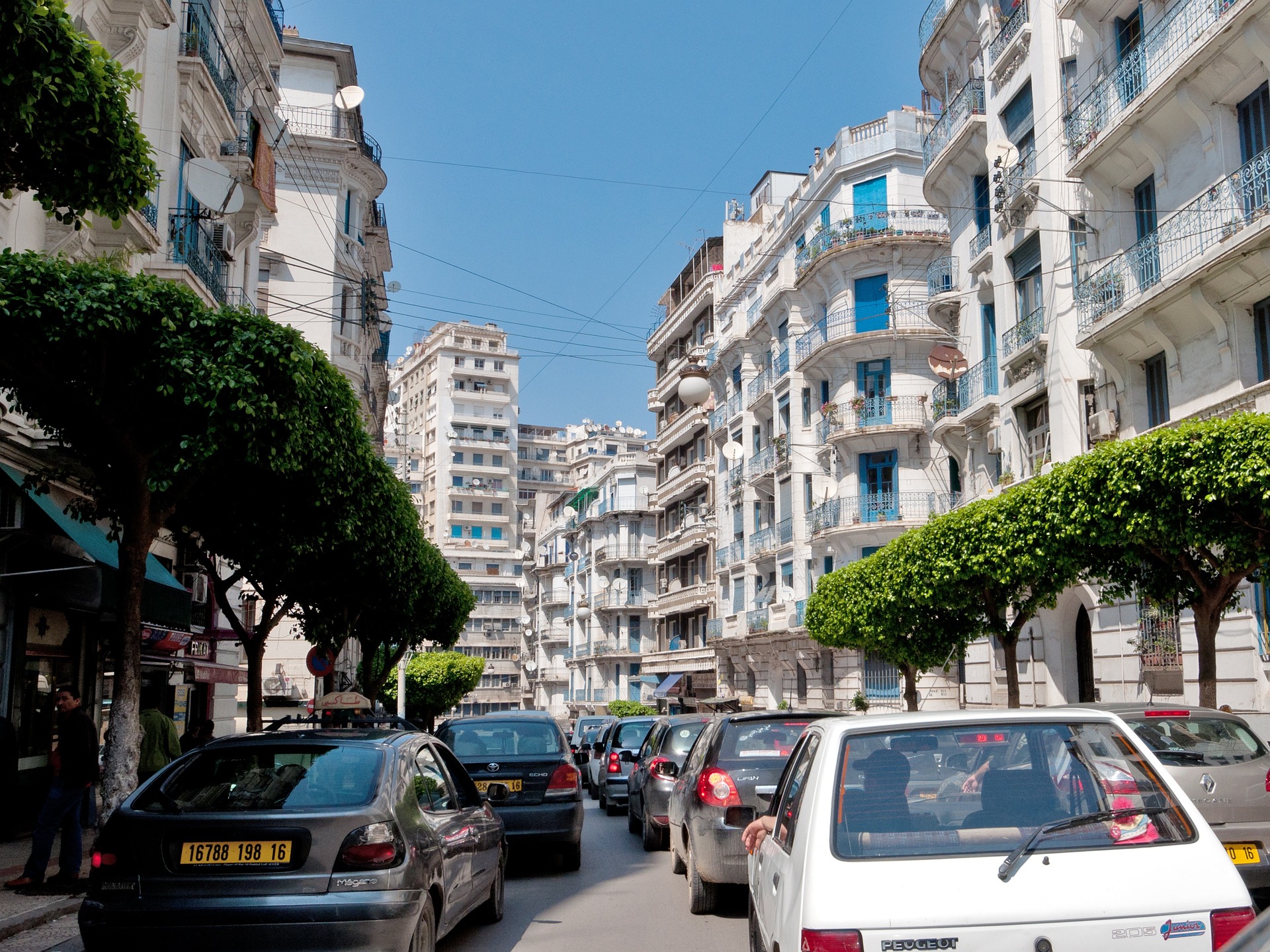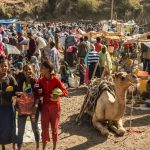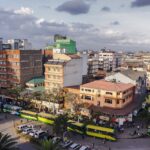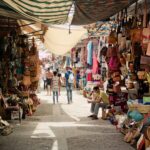
table of contents
Northwest African country Algeria
Algeria is located in the northwest of Africa. It is the largest country on the African continent, with 80% of the land area being the Sahara Desert. It is not a country that is very familiar to Japanese people, but this time we will tell you about Algeria from a trade perspective along with basic data.
Basic information about Algeria
The basic data is as follows:
・Official name:People's Democratic Republic of Algeria
·population:43.9 million people (May 2020)*
・Area: 2,381,740 km2 *10th in the world. 1st in Africa.6.3 times that of Japan.
・Capital: Algiers
・Language: National language, official language isArabic and Berber.
French is also widely spoken among the population.
・Ethnicity:Arabs (74%), Berbers (25%), Others (1%)
Religion: Islam (Sunni)
・Major industries: Oil and natural gas related industries
・Nominal GDP total: 193.6 billion in 2022Dollar World56Place,4th in Africa
・Nominal GDP per capita: 20213,659Dollar 14th in the world
・Currency: Dinar
Algeria was under French colonial rule for approximately 130 years from 1830, and French is still widely spoken among the general public.
Trade situation with Japan
In trade with Algeria, Japan exports industrial products thriving, while imports are mainly oil. Algeria is also a large plant market for Japanese companies.
Japan's export value: 21.4 billion yen (2020)
Japan's main export items: Steel, general machinery, automobiles, etc.
Japan's import value: 27.2 billion yen (2020)
Japan's main imports:Crude oil, crude oil, volatile oil, tuna, etc.
There are relatively few Japanese people working locally; the number of Japanese corporate bases there is unknown, and there are 77 Japanese residents (as of October 2020).
Export procedures for goods to Algeria
Free trade is guaranteed by law in Algeria.
However, trade between Algeria and Japan is not as active as with Egypt or Nigeria, and it can be said that Algeria is one of the more difficult countries to trade with. As a result, it is difficult to obtain information about trade with Algeria. We have summarized the basic points for your reference.
★Required procedures
・Procedure for designating a place of bill payment (Domiciliation) at an authorized bank
It is required for all trade transactions.
The procedure for bill payment establishment for import transactions involves a tax of 0.31 TP3T on the import amount as a fee, and an additional bill payment establishment tax of 31 TP3T on the import amount is levied on the import of services (with a minimum of DZD 20,000).
Reinsurance services are exempt from tax under 3%, and imports of capital goods and raw materials (provided they are not resold in the same form as imported) are also exempt from tax, subject to prior application.
(Source: JETRO"Algeria's Economy, Trade and Investment"(2018)
☆Pre-shipment inspection
For trade transactions by L/C or D/P, a phytosanitary certificate (certificat phytosanitaire) for agricultural products, a quality certificate (certificat de conformité) for goods, and a certificate of origin must be obtained and submitted from the exporting country. These certificates must also be issued by a certification body designated by the exporting country.
★Import license system
There are "automatic licenses" and "non-automatic licenses".
"Automatic Licensing": No restrictions on import quantities (Competent Ministries will give approval to all applications that meet the conditions)
"Non-automatic license": Import quantity restrictions apply
The selection of products subject to non-automatic licensing and their import quantities are proposed by the Inter-Ministerial Committee under the Ministry of Commerce in consideration of the trade situation each year, and the final decision is made by the Minister of Commerce and announced on the Ministry's website or in the domestic press.
Each notification sets out the import quota system for the applicable products and applicants.
After the application period ends, the inter-ministerial committee reviews the import application and the Ministry of Commerce approves it.
Import licenses are non-transferable and are generally valid for six months.
★Import Restrictions
The Algerian government imposed import restrictions in 2009 and 2010 to mitigate the sudden increase in imports. The main contents are as follows. In 2015, the trade balance fell into the red due to the fall in crude oil prices, so the government further strengthened protection of domestic industries and import restrictions.
- When foreign companies invest in Algeria, the foreign capital ratio must be 491 TP3T or less (Algerian company capital ratio must be 511 TP3T or more).
- For service imports, 3% of the payment amount is taxed as a bill payment place designation (Domiciliation) tax. Import restrictions on used machinery. For imports of automobile parts, submission of a certificate of origin or product certification from the automobile manufacturer is mandatory.
・ A new stamp duty will be introduced for the import of automobiles over 2,500cc, trucks, and construction machinery (wheeled engines): 200,000 DZD for automobiles over 2,500cc, 340,000 DZD for trucks and construction machinery (wheeled engines) up to 22 tons, and 500,000 DZD for those over 22 tons.
- Import transactions of goods over 100,000 DZD must be paid by letter of credit. However, imports for industrial production (raw materials, production equipment, etc.) may be paid for by means other than letter of credit up to a maximum of 4 million DZD per year.
- Tax on imported wheat. If the price is lower than the purchase price for domestic producers (regulated price), a special tax will be imposed.
Summary of Algeria's trade and export basics
Algeria has the fourth largest GDP in Africa, known as the "final frontier," and this value is increasing year by year. The International Monetary Fund (IMF) predicts that the country's economic growth rate in 2022 will be 4.671 TP3T. However, the country is still heavily dependent on oil and natural gas exports, and economic diversification has not progressed, so it is thought that the expected economic growth in the future is large.
Please take a look at our website for other countries as well.
category:African export business
Related articles
-

Basic information on Moroccan trade and exports (overview and basic statistics)
-

Basic information on trade and exports in Côte d'Ivoire (overview and basic statistics)
-

Basic information on Ethiopian trade and exports (overview and basic statistics)
-

Basic information on Ghana's trade and exports (overview and basic statistics)
-

Business opportunities in Africa! Advantages and disadvantages of expanding into Africa
-

What is the trade situation in Africa? Basic information on exports, tariffs, etc.